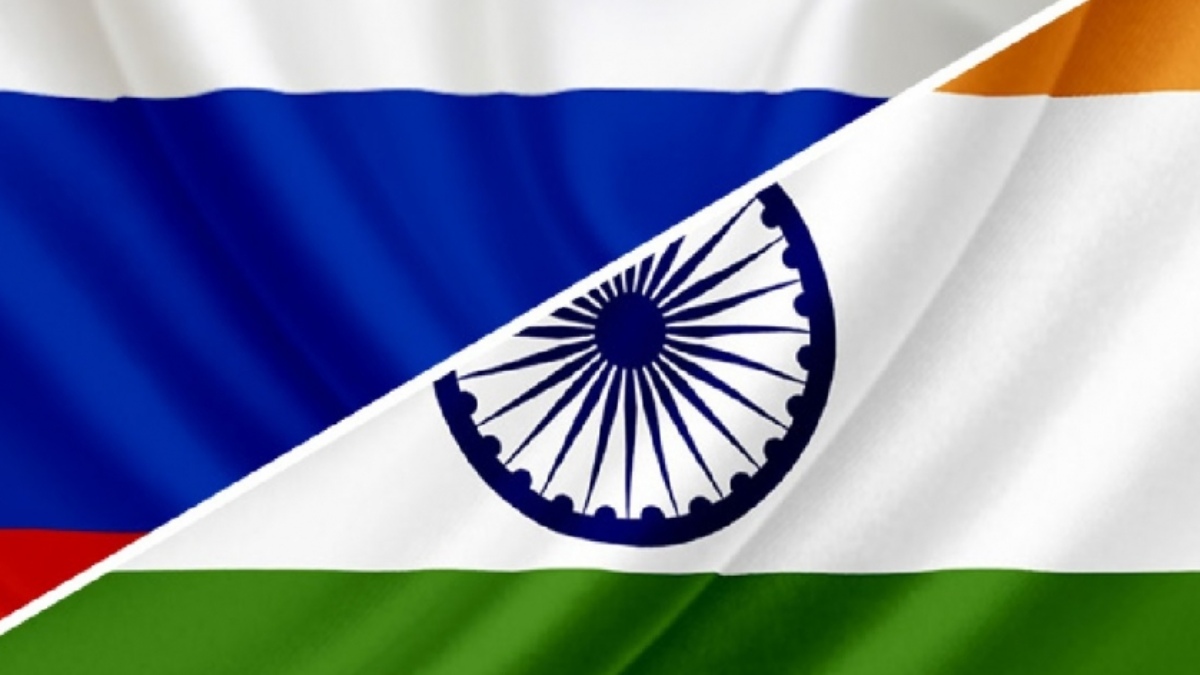


The near-complete lack of media interest in Russian President Vladimir Putin’s visit to India should be indicative of the loss in importance of India’s Russia ties. Compared to a US President’s visit to India, or the Chinese President’s visit, there were hardly any ripples over Putin’s visit, except in diplomatic and related circles. As for the people of this country, it was just another routine visit by a foreign head of state. And all this in the 50th year of the Indo-Soviet Treaty of Peace, Friendship and Cooperation. But then in a post Cold War world, it is but natural that a has-been power, a rump of the former Soviet Russia—which not only lost the Cold War but also faced the humiliation of dismemberment—would not evoke much interest. Whatever be the history of so-called people-to-people relations with Russia, the common Indian has always chosen the capitalist West over a socialist and now an oligarchic Russia—a brief study of migration trends will make this even more apparent. In spite of this, it is Russia that our policymakers have chosen over the West, while sending their own children to the United States and other such countries to build a life. Worse, many of these policymakers continue to be in “love” with Russia, more often than not impacting policy. The Russian lobby in New Delhi is among the most entrenched, but losing some sheen lately, courtesy the warming up of ties between India and US and India’s forays into the Indo-Pacific through the Quad.
India-Russia relations have always hinged on defence, where historically we have put nearly all our eggs in the Russian basket. One argument offered to justify this closeness is “transfer of technology”. That the West did not give us technology, which Russia did; that the West has always been suspicious of India that it will pass on technology to either Russia or China. There is logic in such an argument, but also a refusal to see the reality. Why would the West transfer technology to a country that for decades stayed firmly aligned with Soviet Russia—the West’s bugbear—in the name of nonalignment? In fact, in spite of the current bonhomie with the US, a degree of suspicion about India persists among a section of US policymakers, as became apparent in a piece written by John Bolton in the Hill last month on India’s purchase of the S-400 and the possibility of sanctioning India under CAATSA (India’s S-400 missile system problem, 10 November 2021). Bolton, President Donald Trump’s one-time NSA, complained of India “sending contradictory signals” and wondered if India was “playing” Washington. As this writer has been arguing for a long time, what may appear as “strategic autonomy” to India, may appear as “strategic confusion” or sitting on the fence to the rest of the world at best, and devious game-playing at its worst.
With the rise of a malign force such as China the whole geopolitical terrain has changed. While we agree that it’s now a multilateral world, but there is no denying, that multilateralism functions within the broader contours of a bilateral world, where it is US vs China. And Russia is firmly aligned with China because of its own compulsions, including because it is battered by sanctions imposed by the West. Will hanging on to Russia’s coattails for the sake of the past help India against China? A simple question in this context is: In case of an India-China kinetic conflict, which side will Russia support? If the answer is Russia will “stay neutral”, then of what value are “time-tested” India-Russia relations?
There is no place for emotions in geopolitics. What matters is a country’s self-interest. Any loyalty to the past, if it is not serving the present, is a misplaced sense of loyalty. Also, it is time to diversify our sourcing of materiel at a faster pace, either through purchases or through making them at home. Even now 60-70% of our materiel is Russian. This component must be brought down. While non-strategic purchases like assault rifles are fine, the problem arises with systems such as the S-400 that directly impact US interests and have also been sold to China. As analysts have been pointing out, even if India somehow manages to evade sanctions in the S-400 deal by arguing that it was signed before CAATSA came into existence, what happens if Vladimir Putin now tries to sell the S-500 to India? In fact, as one analyst told this writer that there is a strong possibility that the reason why Putin is here is not to sell a few rifles but to try and convince the Indian government to buy the next generation S-500. How will India evade US sanctions if it decides to go for that deal? India will be playing straight into China’s hands as that will throttle India’s economy and big power ambitions.
Also, what is the world’s largest democracy’s opinion about Putin flexing muscles on Ukraine’s borders, threatening to invade that country? Turning a blind eye is not good enough. Replace Ukraine with India and Russia with China, and you will know why.
In short, talk Afghanistan, terrorism, drug trafficking, organised crime, vaccines, investments, space technology, dance, music, films, literature, friendship, buy rifles, but lessen dependence on Russia in the military and tactical spheres; don’t try to bring Russia out of China’s clutches, for that is not in Russia’s interest; don’t try to make Russia understand the value of Quad, for that is not in the interest of either Russia or China. Most importantly, don’t let Russia impact India’s policies in a way that it impacts India’s rise.